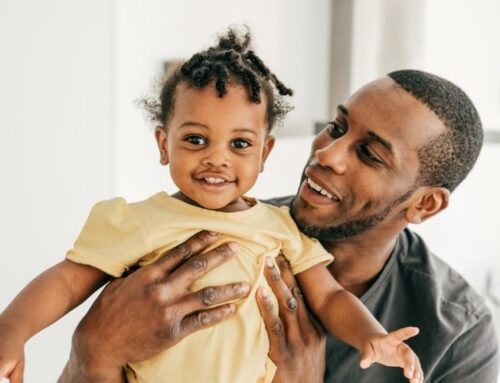To be clear, anxiety in children is normal. It’s our body’s instinctive response to stress. It’s natural to have nervous feelings about uncertainties to come—the first day of school, work, public speaking, or a doctor’s appointment. Everyone experiences it.
Anxiety becomes a real problem when those anxious feelings start preventing our children from living their lives. If your kid’s anxiety hinders them from being a kid—hanging out with their friends, going to school, joining extra-curricular activities—there may be a deeper issue.
Ask yourself: who or what affects my childs emotions the most?
What causes anxiety in children?
Environmental factors and life situations such as divorce, severe sickness, death of a loved one, violence, or abuse, can all cause anxious feelings. Sometimes kids just have a nervous temperament. And sometimes, we’re the cause.
Authority figures in a kid’s life can be a significant cause of their anxiety. Our healthy desire to see our kids succeed can manifest itself in unhealthy ways. If we push our dreams on them or have unrealistic expectations, the fear of disappointing us or not being enough can be crippling to our kids.
How you as a dad can help?
Don’t dismiss their feelings. As men, we tend to act as though feelings don’t exist. To help our kids learn how to handle their emotions, they need to know that feelings are normal—excited, sad, nervous, angry, afraid. We all feel these things. Our job is to help our kids understand why we have these feelings.
Feeling sad or guilty after saying something we shouldn’t have helps us be more mindful of our words in the future. Feeling nervous before a recital encourages us to practice. We can’t necessarily control our feelings, but we can learn not to let them control us. Here are some ways you can help your kids deal with anxiety.
1) Pray. This should be your first line of attack when taking on any problem. The LORD is God; He is in control (Phil. 4:6-7).
2) Identify stressors and triggers. When your kids know what makes them anxious, they can prepare to function through those feelings.
3) Help your kids face their fears. Do this gently. For example, if they have an extreme fear of the water, don’t toss them in the deep end for a “sink or swim” life lesson. Take small steps and encourage their efforts when they try.
4) Give them tools to work with. Encourage paced breathing or other things that can help calm the mind and body. Three-second inhales and five-second exhales. Self-talk. You’ve probably sat through a work meeting where you’ve repeatedly had to say to yourself, Don’t punch this guy. Don’t punch this guy. You’ve recognized your feelings of anger and are doing your best to control that emotion. Tell your kids to talk through and encourage themselves as if they were talking to a friend going through their situation.
5) Be an example. Kids learn by watching, so be intentional about modeling how you can deal with anxiety. I’m worried we’re going to be late for the game because of all this traffic. I’m going to pray for peace. Then I’m going to pace my breathing to help me calm down.
6) Be patient. Scripture has a lot to say about being patient—for very good reason—we need patience in this life. Keep Philippians 4:6 in your mind to use when you need it.












